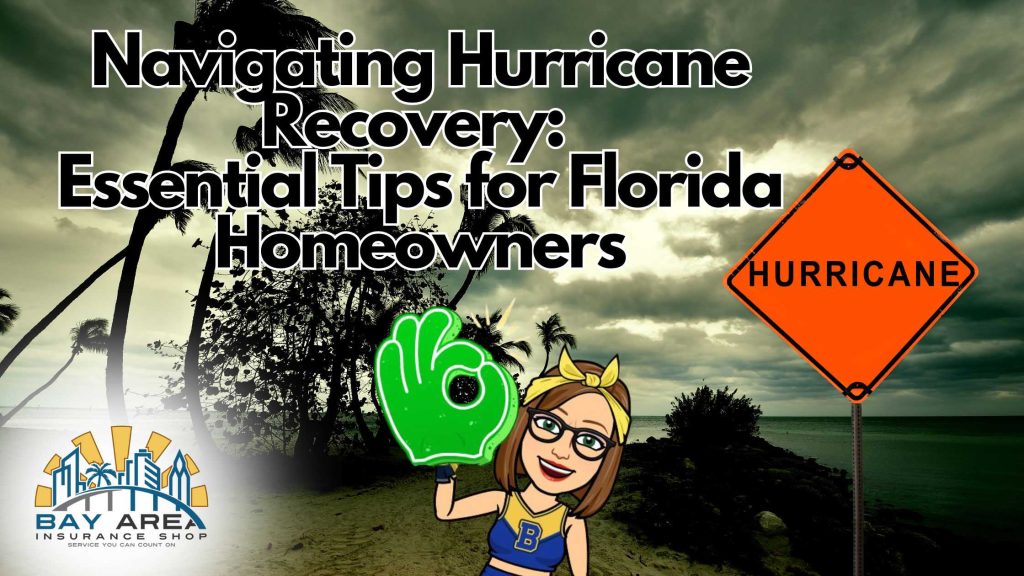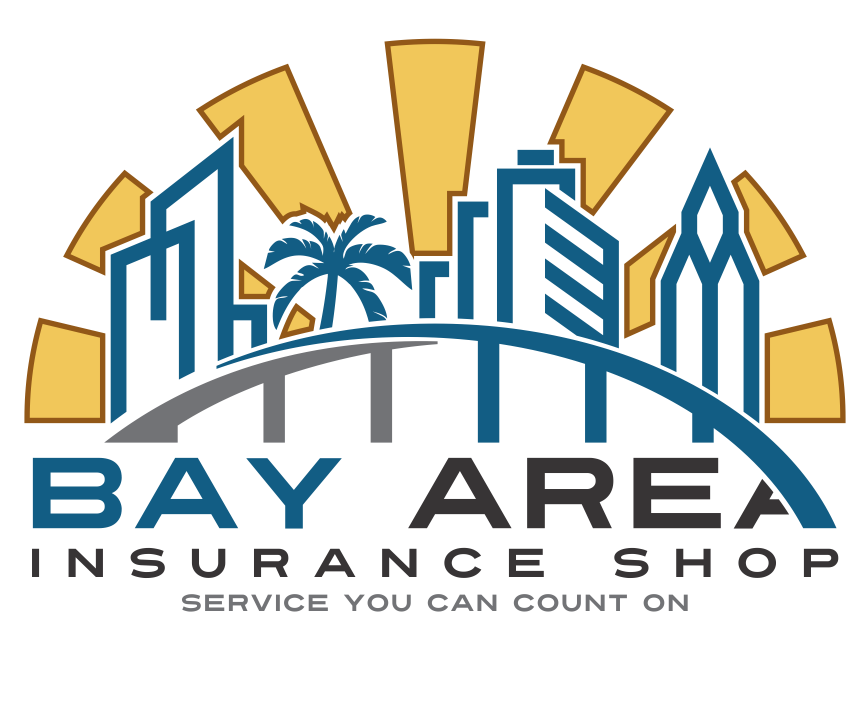
Hurricane season is a yearly reality for Floridians, and while preparing for storms is crucial, knowing how to recover afterward is just as important. Once the winds have calmed and the storm has passed, the next step is rebuilding and protecting what matters most. Here’s a guide on hurricane relief, insurance tips, and recovery strategies to help you get back on your feet.
1. Safety First: Immediate Actions After the Storm
After a hurricane, your first priority should be the safety of your family. Before assessing any damage, check with local authorities to ensure it’s safe to return home. Downed power lines, flooding, and unstable structures pose significant risks.
– Avoid Floodwaters: They can be contaminated or conceal dangerous debris.
– Document Everything: As soon as it’s safe, take pictures and videos of the damage for your insurance claim. Try not to move or disturb anything before it’s documented.
2. Contact Your Insurance Provider ASAP
Once you’re safe and have documented the damage, your next step should be contacting your insurance agent. Here’s what to do:
– Review Your Policy: Familiarize yourself with your hurricane, windstorm, and flood coverage. Some policies may have specific deductibles or exclusions for hurricane-related damage.
– File a Claim: Provide your insurance company with your documentation and any details of the damage. The sooner you file, the faster you’ll be in line for assistance.
– Be Patient: Hurricane recovery efforts can overwhelm insurance companies, but keeping lines of communication open with your agent will help ensure your claim moves forward.
3. Temporary Repairs: Protect Your Property
After documenting the damage, it’s essential to prevent further issues like mold, water damage, or vandalism. You can make temporary repairs to protect your home, but make sure to keep receipts, as these costs may be reimbursable under your insurance policy.
– Board Up Broken Windows: Use plywood or heavy tarps to cover any broken windows and prevent additional damage from the elements.
– Tarp Leaky Roofs: Cover any roof damage with a tarp to stop water from entering your home.
– Secure Doors and Entry Points: If the storm compromised the security of your home, take steps to lock or secure it to prevent theft or vandalism.
4. Federal and Local Hurricane Relief Programs
In addition to your insurance policy, federal and state assistance programs are available to help Floridians recover from hurricane damage. Here are a few key resources:
– FEMA (Federal Emergency Management Agency): After a presidential disaster declaration, FEMA offers grants and low-interest loans to help with disaster-related costs not covered by insurance. You can apply online or by phone once your area is declared a disaster zone.
– Florida Disaster Fund: This state-run fund provides additional financial assistance to hurricane victims and often partners with local relief efforts.
– Local Aid: Many communities offer shelter, food, and other resources through local organizations or churches.
5. Tips for Faster Hurricane Recovery
– Work With Licensed Contractors: Hurricane damage can attract scammers looking to exploit vulnerable homeowners. Always verify the credentials of anyone offering repairs and avoid upfront payments.
– Prepare for a Future Hurricane: Now that you’ve experienced the effects of a hurricane, consider reinforcing your home against future storms. Reinforcing windows, upgrading roofing materials, and improving drainage can make a big difference in future hurricane seasons.
– Review Your Insurance Annually: Florida’s hurricane season is a yearly challenge, so it’s important to review your insurance coverage regularly. If you’ve made significant home upgrades or additions, ensure that your coverage reflects these changes.
6. Stay Informed and Ready
Staying informed about hurricane forecasts and warnings is critical to minimize damage and ensure your safety. Keep emergency supplies, evacuation plans, and an updated inventory of your home’s contents ready for future storms.
Recovering from a hurricane can be overwhelming, but with the right steps and a solid insurance plan, the process becomes much more manageable. At [Florida Insurance Agency], we’re here to support you every step of the way, from preparation to recovery. Remember to stay proactive and ensure your insurance coverage is adequate for future storm seasons. If you have questions about your hurricane policy or want to explore additional coverage options, give us a call today! We’re here to help protect your home and loved ones.
